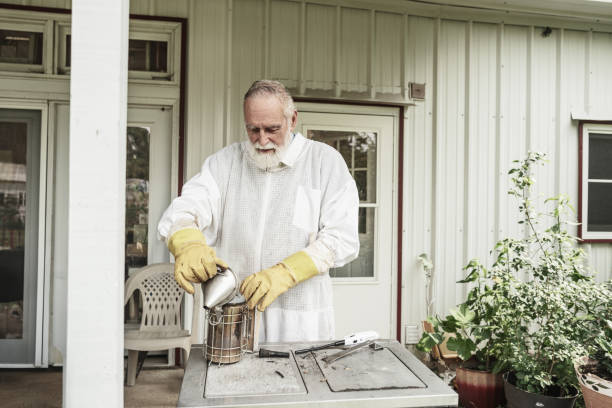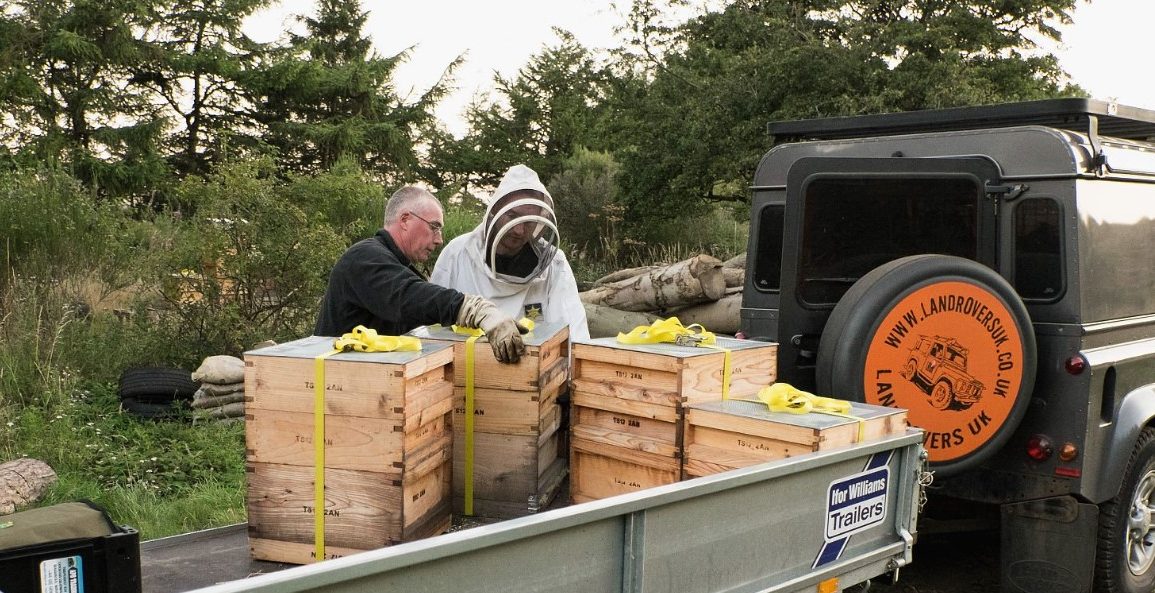Recent research from the University of Bristol highlights the critical role gardens play in supporting pollinator populations, particularly during periods of nectar scarcity.
Published in Proceedings of the Royal Society B, the study reveals that gardens can provide an impressive 50% to 95% of the total nectar available in rural areas during early spring and late summer when farmland sources dwindle.
Lead author Dr. Thomas Timberlake explained that while gardens contribute less than 15% of the total nectar in rural settings, their consistent supply is invaluable.
Unlike farmland, which can see nectar availability plummet during certain months, gardens offer a steady and reliable food source for pollinators such as bees, butterflies, and flies.
The study found that more than 90% of farmland in Great Britain is located within one kilometer of a garden, making these spaces accessible to pollinators.

This proximity means that well-managed gardens can extend their positive impact beyond their borders, fostering healthier pollinator populations across rural landscapes.
Dr. Timberlake emphasized that individual citizens can significantly combat biodiversity loss by cultivating pollinator-friendly gardens.
Homeowners are encouraged to plant flowers that bloom throughout the year, particularly during critical times when pollinators are most in need.
Looking ahead, the research team aims to identify specific plants that can fill seasonal nectar gaps and assess the potential inclusion of gardens in environmental stewardship schemes.
If gardens prove more beneficial for pollinators than some farmland habitats, increasing the number of pollinator-friendly gardens could be key in addressing pollinator declines.
In a country with over 27 million gardeners, this study underscores the importance of individual efforts in reversing the decline of vital pollinator species.

